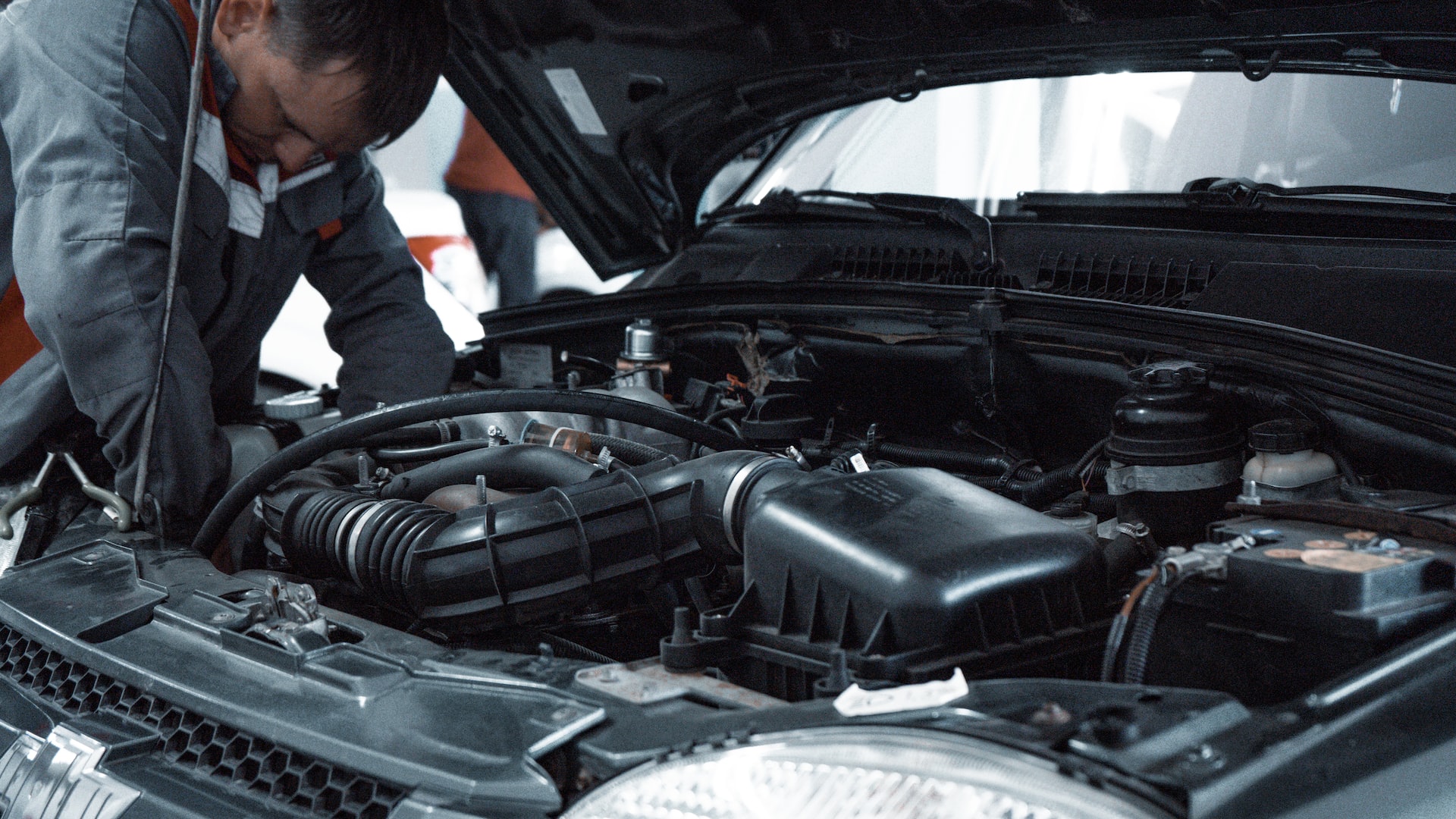You’re cruising down the highway without a care in the world. Finally, after a few hours of driving, you decide to pull over, take a quick break from driving and grab a cool drink. A few minutes later, you hop back in your ride, put the car in drive and start to drive away for a few seconds before noticing the car isn’t shifting gears properly.
It’s your worst nightmare – a transmission issue that will cost thousands of dollars to resolve. But if you had a service contract on your vehicle, you could’ve saved a fortune on the repair.
What is a Service Contract on a Vehicle?
A service contract is a plan that kicks in to help cover repair costs when your vehicle warranty expires. It’s often thought of as an extension of the manufacturer’s warranty (or extended warranty). However, some plans provide more or fewer offerings, as determined by the level of coverage you choose.
What do Service Contracts Usually Cover?
Service contracts typically cover the engine, transmission, drive axle, air conditioning and other major components of the vehicle. Some contracts also offer reimbursement for rental cars while your vehicle is repaired and roadside assistance.
However, your coverage may be voided if the required repair results from a natural disaster or weather-related incident, automobile accident, or negligence (including failure to have routine maintenance completed at the recommended intervals). You may also be turned away by your vehicle contract service provider if you’re looking to replace a part that’s covered under the manufacturer’s warranty.
How are Vehicle Service Contracts Different from a Warranty?
The terms vehicle service contract and auto warranties are often used interchangeably, but they aren’t quite the same.
Auto warranties are included when you purchase a new vehicle – the coverage is referred to as a manufacturer’s warranty. All powertrain components (transmission, engine, and drive axle) will be covered up to a specific number of miles or over a set period (whichever comes sooner). All necessary repairs must be performed at an approved dealership or service center. Furthermore, original equipment manufacturer (OEM) parts are used when repairs are made. And if you buy a used car that’s still covered under the manufacturer’s warranty, these protections are available to you.
Vehicle service contracts can provide identical coverage that comes with manufacturer’s warranties, or they can be tailored to only cover certain components. Furthermore, repairs are completed by an approved third-party service provider under a vehicle service contract. You can purchase an auto service contract at any time from a dealer, auto manufacturer or private company for a new or used vehicle.
Two Types of Vehicle Service Contracts
There are two types of vehicle service contracts to be aware of.
Regular Contract
Regular service contracts can be customized to provide as much or as little coverage as you need for your vehicle.
Exclusionary Contract
Exclusionary contracts provide the most in-depth level of coverage for vehicles that are outside of the manufacturer’s warranty. It’s often referred to as a bumper-to-bumper warranty.
Benefits of Vehicle Service Contracts
Before deciding if a vehicle service contract is right for you, here are some key benefits to consider:
- You can save hundreds or thousands of dollars on costly repairs.
- You can select a plan that provides the level of coverage you need.
- You can have peace of mind knowing you’re protected against steep auto repair bills.
- You may not have to spend a fortune to secure some form of coverage.
How Much Do Vehicle Service Contracts Cost?
Expect to spend anywhere from $1,500 and $400 on a service contract. The exact price point vehicle service contract providers charge depends on the level of coverage you select and the duration of the contract, along with the year, condition, make and model of your vehicle.
Consider Refinancing to Save Money to Pay for Your New Vehicle Service Contract
It’s possible to add a service contract to your vehicle without having to fork over several hundred or thousands of dollars. Instead, you can refinance with a lender and get a lower interest rate. Even better, you can add a vehicle protection plan to your new auto loan and roll the cost into your monthly payment.







